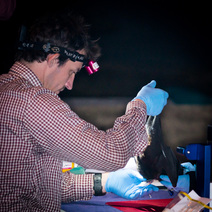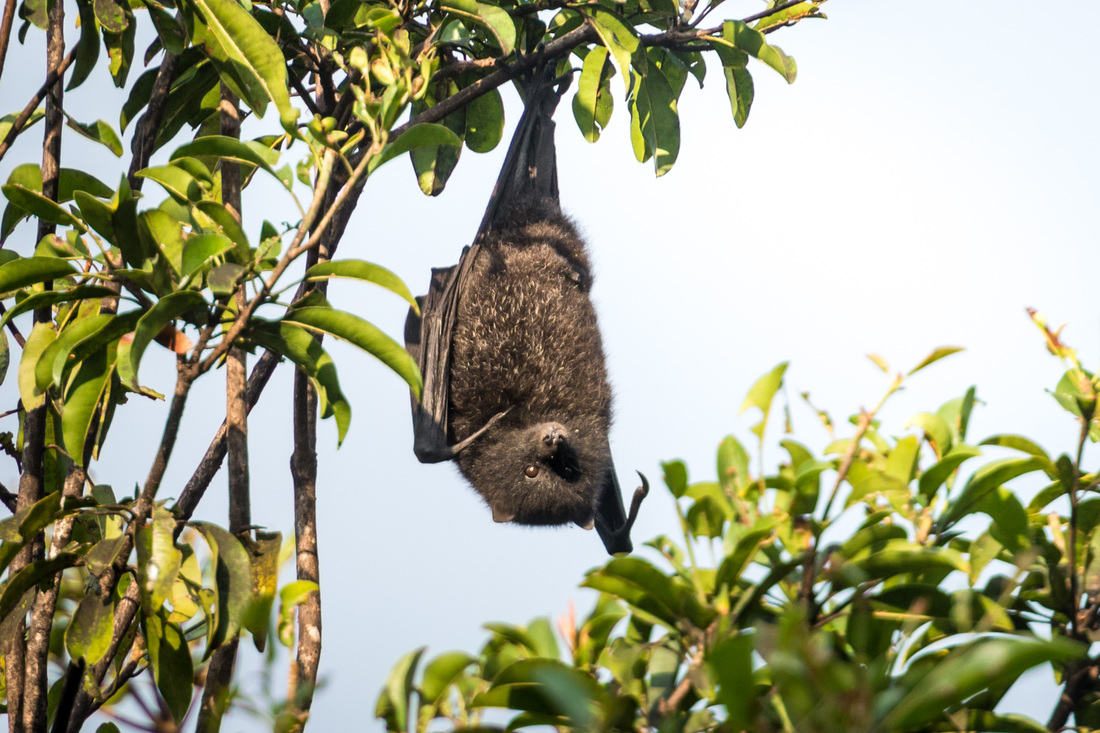Christopher M. Todd
- PhD Student, Lab of Animal Ecology, the Hawkesbury Institute for the Environment, Western Sydney University
- Topic: The ecology and conservation of the Critically Endangered Christmas Island flying-fox
- Research Umbrella: Christmas Island Flying-Fox (CIFF) Research Program
- Supervisors: Dr J. Welbergen, Dr David Westcott, Dr John Martin, Dr Karrie Rose
- Contact: Christopher Todd
| A World of Bats: A K-6 Education Curriculum | |
| File Size: | 22893 kb |
| File Type: | |



